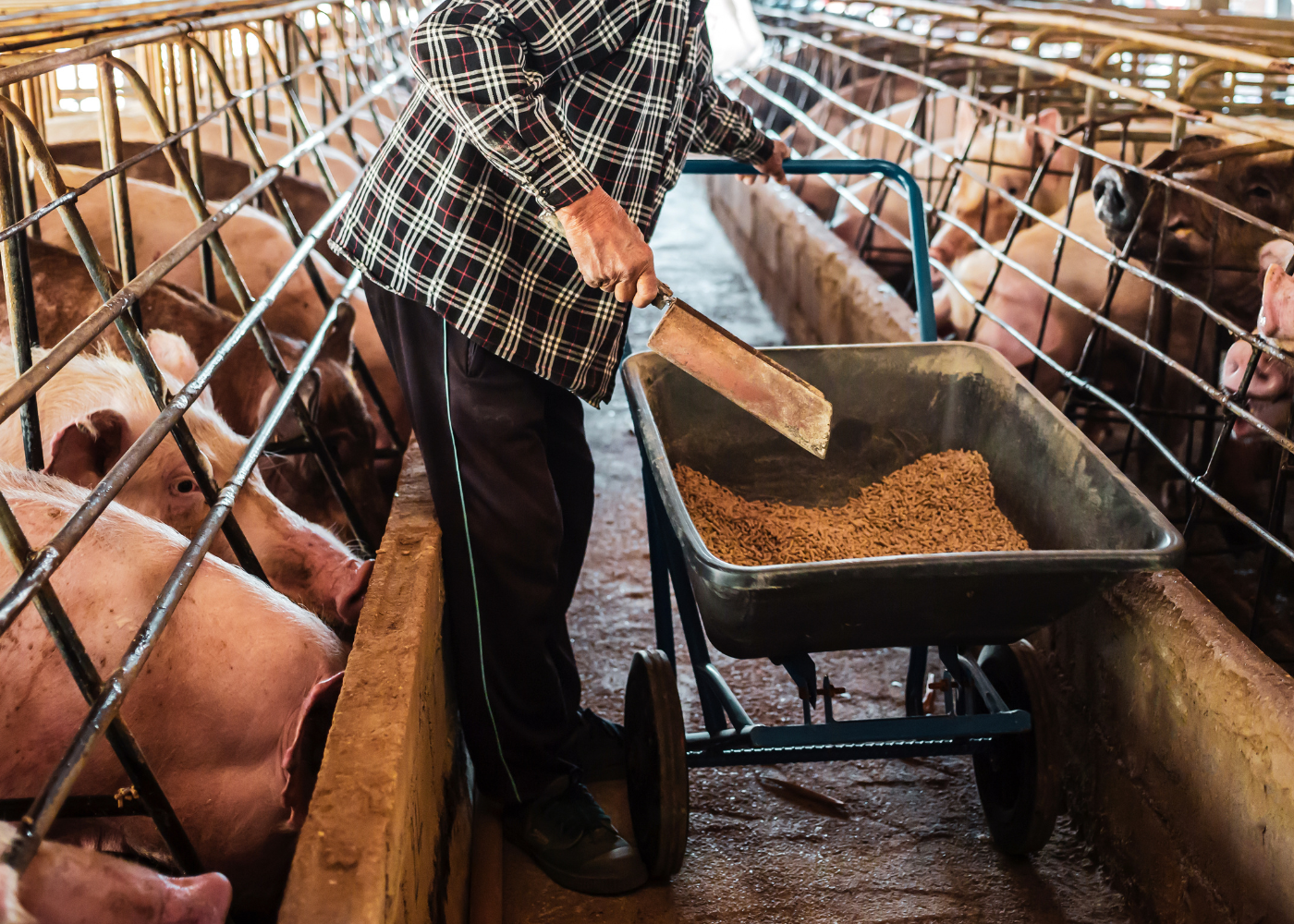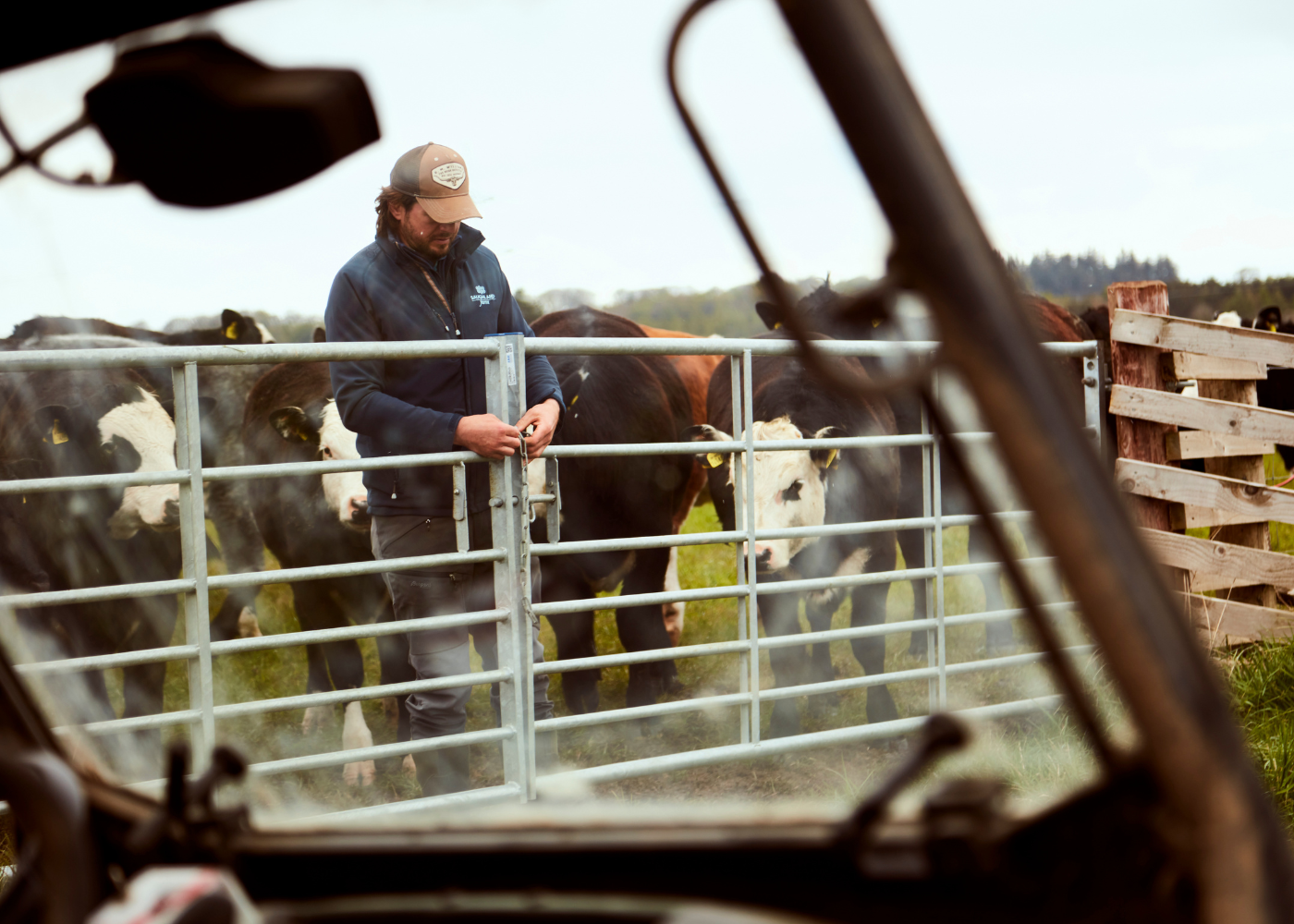RURAL business organisation Scottish Land & Estates has added its voice to calls for the deadline for businesses to apply for a short-term let licence to be extended.
SLE said that measures to comply with licensing, such as obtaining various types of certifications, were simply unfeasible for many businesses given the shortage of contractors in rural Scotland.
It added that many members were facing six-month waits or more to be able to get a booking arranged with tradespeople.
Scottish Land & Estates urged the extension to be provided ahead of a debate on the issue in the Scottish Parliament on Wednesday.
Subscribe to our daily newsletter
Why? Free to subscribe, no paywall, daily business news digest.
Stephen Young, Director of Policy at Scottish Land & Estates said: “Rural Scotland, far more than urban areas, is heavily dependent on tourism for its economic and community success. If the Scottish Government chooses to proceed on the path it is on, it may well be to blame for hundreds if not thousands of these businesses closing, with the resulting impacts on other local businesses such as retail and hospitality also needing to be factored in.
“The Scottish Government has dismissed calls for an extension to the licensing registration deadline in recent weeks, citing the fact that registration has been open for many months. This is factually incorrect as the earliest that an application could be made to a local authority was 1 October 2022, and in some areas this licence application process has only been in full operation since February 2023. This has meant that some hosts and operators have only had seven months to obtain the relevant supporting documentation and additional certifications required just as they were entering the busiest part of their year. Specialist contractors were, and still are, giving six month waiting times for work to be undertaken in rural areas.
“Businesses are not refusing to register out of obstinacy, but out of a total lack of faith that this is a workable or proportionate scheme, and because it doesn’t recognise unique challenges in the provision of rural accommodation.”
The organisation added that First Minister Humza Yousaf has stated that he wanted to rebuild the government’s relationship with business and providing an extension was an opportunity to do so.
Stephen continued: “Shortly after being appointed as First Minister, Mr Yousaf stated that he would personally engage with organisations representing the Short Term Let sector, but regrettably he does not yet appear to have done so. We are pleased to hear that the government recognises a problem and has a plan to address some of these difficulties. We do feel however that there is a need on the part of the Scottish Government to rebuild trust.
“One way of doing this would be to lift the deadline for registration, keeping registration open for businesses to apply, while simultaneously engaging with the industry and its representative bodies like SLE with an open mind to adjusting the scheme to ensure it is proportionate and workable in ways that will not see the anticipated closure of almost 60% of Short Term Lets and B&B business in Scotland over the next few months.
“There does also appear to be wide discrepancies between local authorities in their interpretation of the scheme and what is being asked of operators, which is leading to a further lack of confidence. We have also seen a successful Judicial Review of the scheme in Edinburgh City, highlighting the specific areas of concern around the way the scheme guidance is being interpreted. The judicial review process is extremely expensive and time-consuming, and it should not be the only way that poorly worded legislation can be corrected or improved to make it fit for purpose and in line with its original policy rationale.
“All of this is against the backdrop of the devastating effects of Covid lockdowns on tourism and hospitality, which are now being compounded by high electricity prices and interest rates. Doing business in these sectors is already very challenging without added regulation which, although having the laudable intention of solving a largely urban issue, is having the unintended consequence of endangering the viability of legitimate B&Bs and holiday let businesses who already have to comply with a great deal of existing regulation.”
















